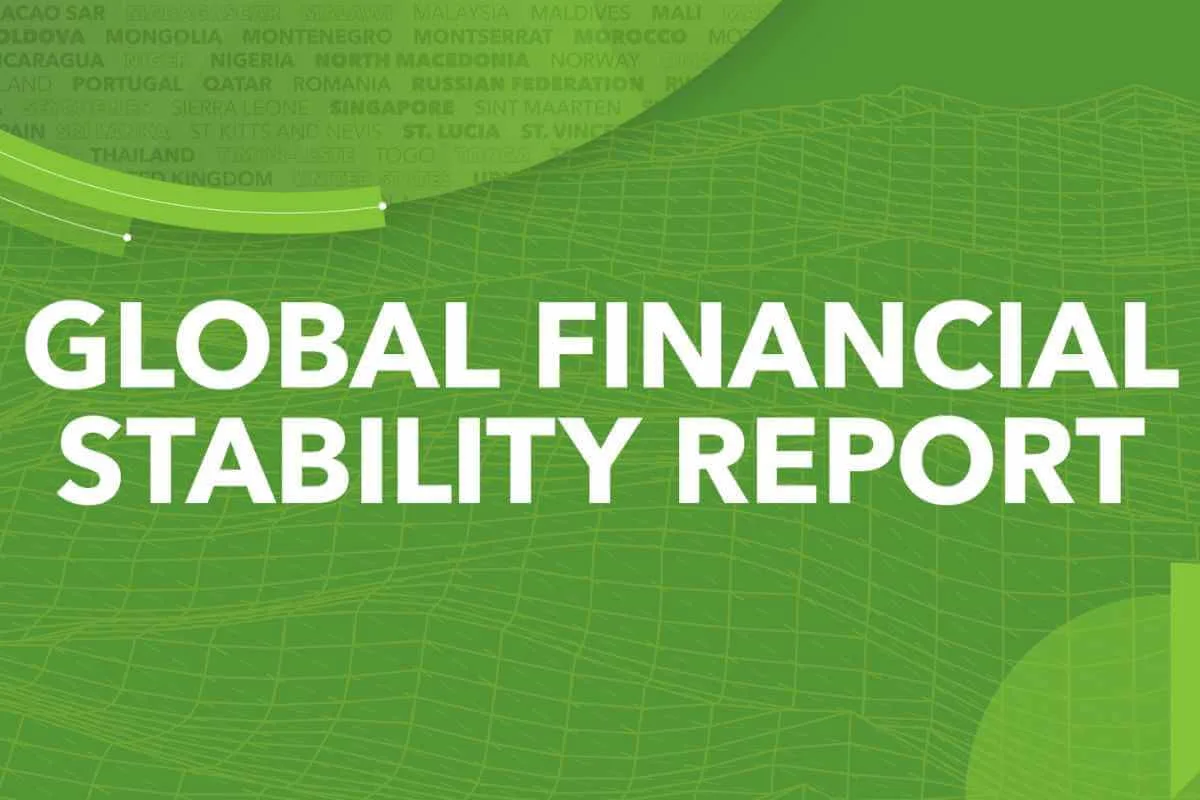
The most recent International Monetary Stability Report by the Worldwide Financial Fund (IMF) highlights the twin nature of synthetic intelligence (AI) adoption in monetary markets, emphasising each its potential advantages and inherent dangers. Reportedly, the IMF has performed intensive outreach to numerous stakeholders—from traders to know-how suppliers to market regulators—to show how monetary establishments are harnessing advances in AI for capital market actions and the potential influence of its adoption.
Additionally Learn: BNP Paribas Advances AI Integration into Banking with Over 750 Use Circumstances in Manufacturing
AI in Finance
In line with the report, the IMF says AI has the aptitude to boost threat administration and deepen liquidity in buying and selling actions. Nevertheless, it might additionally render markets opaque, making them tougher to observe and extra susceptible to cyber-attacks and manipulation dangers.
AI’s potential to quickly course of huge quantities of information might result in extra environment friendly portfolio rebalancing and elevated buying and selling volumes, notably in liquid asset courses like equities and authorities bonds. Notably, AI-driven exchange-traded funds (ETFs) show considerably larger turnover charges in comparison with conventional funds, elevating the prospect of deeper, extra liquid markets.
Dangers Related to AI Integration
Nevertheless, the report warns that AI’s integration into buying and selling methods might additionally contribute to market volatility. Historic occasions, such because the Might 2010 “flash crash,” when US inventory costs collapsed solely to rebound minutes later, underscore the potential for automated buying and selling algorithms to trigger speedy worth swings. The arrival of AI might exacerbate these dangers, notably considerations over herd-like behaviour during times of market stress.
Regardless of these challenges, using AI in finance remains to be in its infancy. Patent filings point out this development: “Since massive language fashions (LLMs) began appearing in 2017, the share of AI content material in patent purposes associated to algorithmic buying and selling has risen from 19 % in 2017 to over 50 % annually since 2020, suggesting {that a} wave of innovation is coming on this space,” the IMF stated in a weblog put up.
Additionally Learn: AI Can Be a Sport-Changer for Europe’s Financial Development: Report
Adaptive Regulatory Frameworks
As nonbank monetary intermediaries, similar to hedge funds, proceed to embrace AI, regulatory frameworks should adapt, the report stated. It recommends that monetary authorities improve volatility response mechanisms, similar to circuit breakers, and strengthen oversight of nonbank establishments. This contains requiring transparency in AI-related practices and mapping dependencies between knowledge and know-how.
With the evolution of AI in finance, a balanced regulatory method might be important to leverage its advantages whereas mitigating potential dangers, the IMF concluded in a weblog put up primarily based on the chapter titled ‘Advances in Synthetic Intelligence: Implications for Capital Market Actions’ from the October 2024 International Monetary Stability Report.


